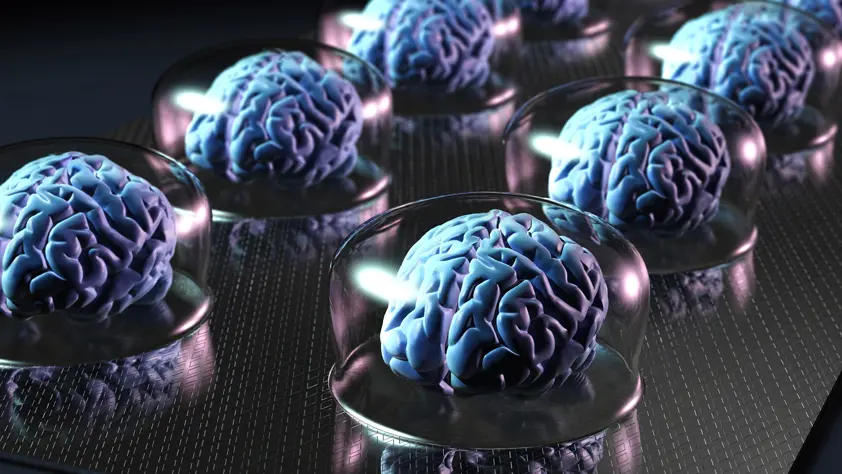The organ-on-a-chip technology enables the reproduction of human organ tissues on a very small scale. The system basically consists of cell culture chip that simulate the activities, mechanics, and physiological response of human tissues.
The potential of this new technology is rapidly gaining recognition among academic researchers, industry representatives and regulatory agencies.
“There is a network of academic, scientific and industrial partners all working together to develop more organ-on-a-chip systems. This seems to be the next wave or generation in the field of biomedicines research,” confirms Jane Spencer-Fry, Director, UPM Biomedicals.
The technology could potentially help to solve the significant problem of late-stage clinical trial failures for pharmaceuticals, cell and gene therapies.
UPM was invited to participate in the EUROoC research network owing to its pioneering work with GrowDex hydrogel, a product that can be used in numerous applications ranging from 3D cell culture and organ-on-a-chip models, through to drug release studies and 3D printing.
“We can obviously provide scientific support for the project as we have good knowledge of cultivating different cell types in our GrowDex product. Our hydrogel allows cells to be oriented in the right way, so it gives a more detailed environment for cells to grow and thus guarantees consistent research results,” Spencer-Fry explains.
Limitless opportunities of bioeconomy
GrowDex offers an excellent example of the Bioeconomy provides new opportunities for value creation and business growth. UPM`s innovation GrowDex is a bio-friendly hydrogel extracted from birch. Being a plant-derived material, it is of great interest to researchers.
“Our product is a natural hydrogel that contains no human or animal products. It is very suitable for applications such as drug discovery or cell therapy treatment,” says Spencer-Fry.
Organ-on-a-chip systems are of particular interest on a European level as they offer an ethical alternative to animal experimentation. The EU has already banned animal testing for cosmetic ingredients.
The complete phase-out of animal experimentation in biomedical research requires a significant scientific effort. “We have commercial products available, but we can develop new ones as well,” she adds.
Training of early career researchers
Among its other aims, the EUROoC proposes to train the next generation of interdisciplinary scientists. The initiative provides comprehensive training to scientists to increase the competitiveness of the European industry in this key technology.
The European research network is coordinated by the Fraunhofer Institute for Interfacial Engineering and Biotechnology IGB based in Germany.
“From the industrial point of view, we have a great opportunity to be a part of the European initiative and participate in training future generations of scientists. Fraunhofer IGB is a very well respected research institute so it is always rewarding to be involved in the work they are doing,” Spencer-Fry concludes.
